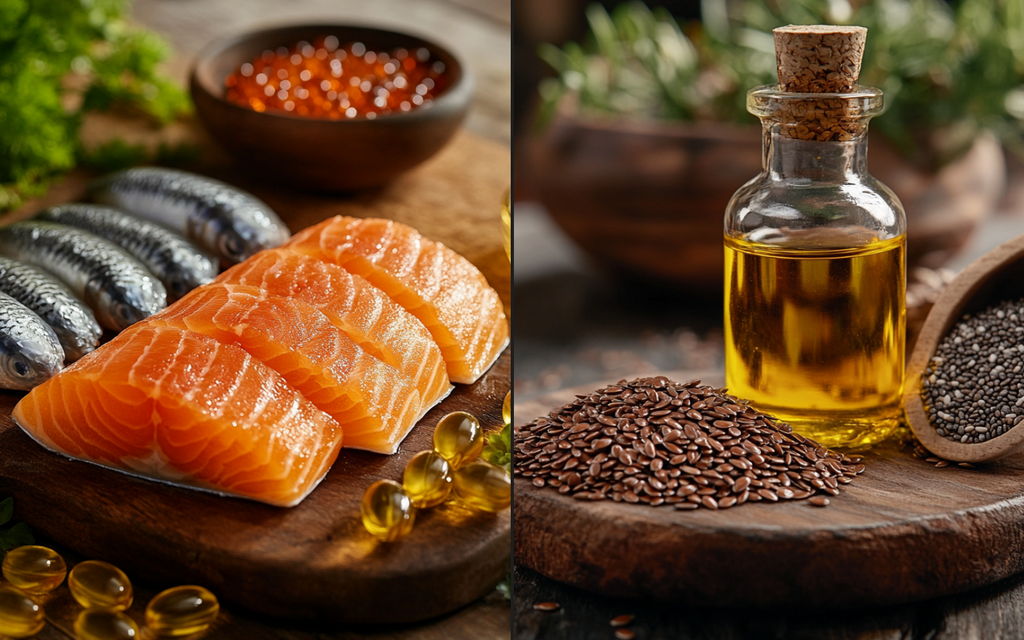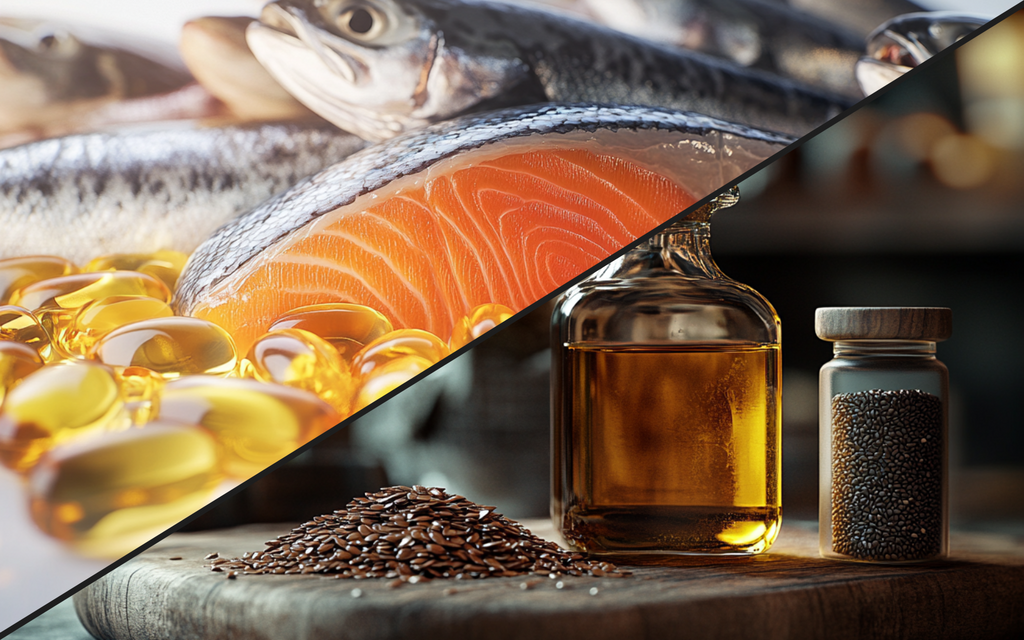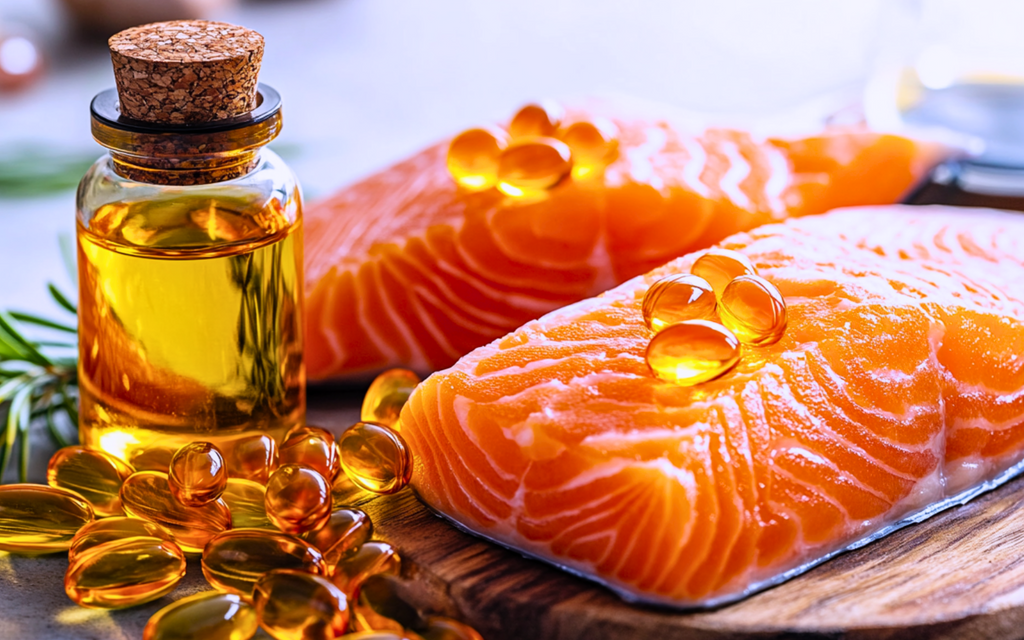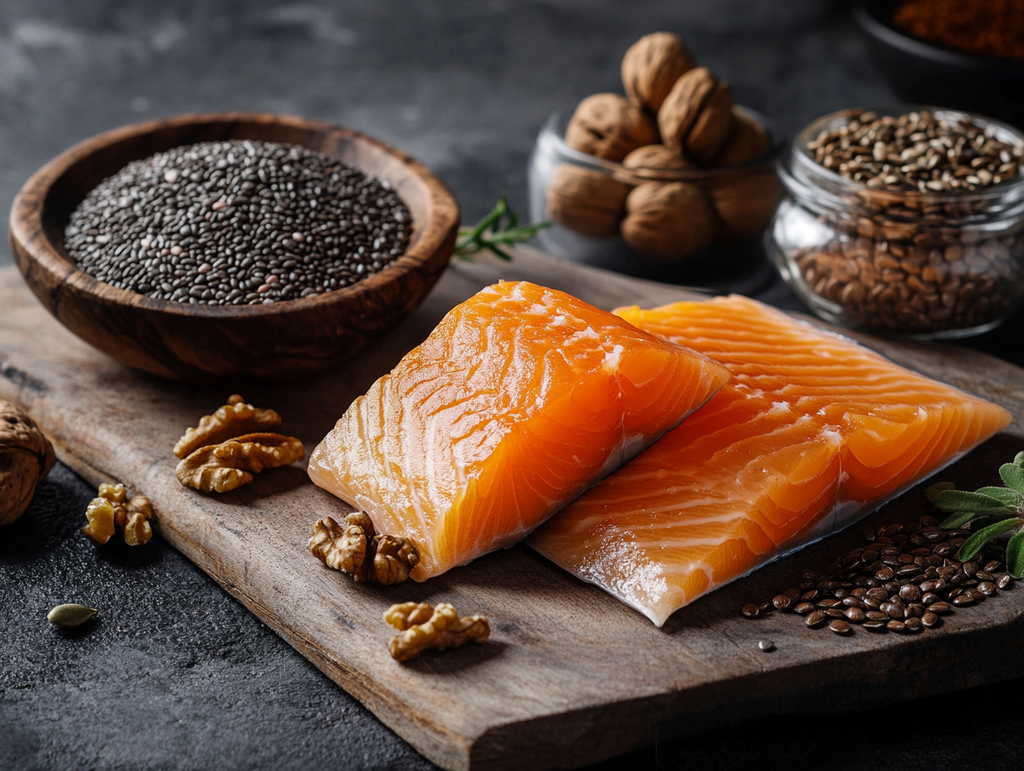Omega-3

SHALL I TAKE BOTH FISH OIL AND FLAX OIL?
Fish oil and flax oil are popular sources of Omega-3 fatty acids, each offering unique health benefits. This blog explores their complementary roles, specific advantages, and potential downsides of taking both.
Whether you're looking to improve heart health, reduce inflammation, or support brain function, understanding the differences between these oils will help you make an informed decision about your Omega-3 intake.

FISH OIL VS FLAX OIL: Comparing Benefits, Sources, and Best Uses
Fish oil and flax oil offer unique Omega-3 benefits. Discover how each supports heart, brain, and overall health, and decide which is best for your needs.

HOW HIGH QUALITY EPA AND DHA OMEGA-3 SUPPLEMENTS ARE MADE
Learn how high-quality EPA and DHA Omega-3 supplements are made, from sourcing pure fish oil to advanced purification techniques. Understand what makes a good Omega-3 supplement and how to ensure you’re buying the best.

WHY NORWEGIAN FISH OIL IS THE BEST?: Purity, Sustainability & Quality
Learn why Norwegian fish oil is regarded as the best, thanks to clean waters, high omega-3 content, advanced processing, and sustainable practices.

Common Issues with Fish Oil Supplements: What You Need to Know
Explore common issues with fish oil supplements, from contaminants and oxidation to misleading labels and environmental concerns. Learn how to choose the best Omega-3 products for your health.

WHAT ARE THE COMMON FOOD SOURCES OF OMEGA-3
Learn about the different types of Omega-3 fatty acids—EPA, DHA, and ALA—and how to get them from foods like fish, flaxseed, and chia seeds. Discover why Omega-3 is essential for your health and easy ways to incorporate it into your diet.
- 1
- 2

